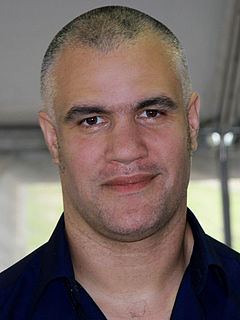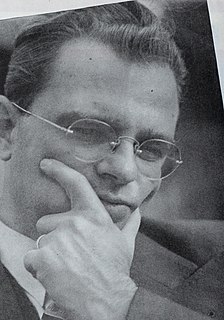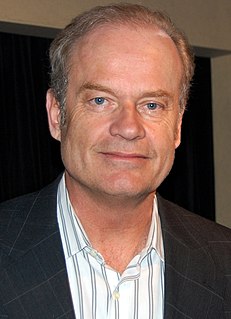A Quote by Soledad O'Brien
At Harvard I was taking an African-American studies class, and we were reading about the tragic mulatto. Invariably, the tragic mulatto can't fit in either world and flings herself off a bridge. So I'm reading, and I'm like, 'Oh, my God, I think I'm in literature,' but my life was never like that.
Related Quotes
The university should color itself black and color itself mulatto — not just as regards students but also professors. Today the people stand at the door of the university, and it is the university that must be flexible. It must color itself black, mulatto, worker, peasant, or else be left without doors. And then the people will tear it apart and paint it with the colors they see fit.
America has never had a very wide vocabulary for miscegenation. We say we like diversity, but we don't like the idea that our Hispanic neighbor is going to marry our daughter. America has nothing like the Spanish vocabulary for miscegenation. Mulatto, mestizo, Creole - these Spanish and French terms suggest, by their use, that miscegenation is a fact of life. America has only black and white. In eighteenth-century America, if you had any drop of African blood in you, you were black.
The main reason I decided to study Latin American literature was because I'd gotten somewhat bored by the American fiction I was reading. I am not drawn to a specific style or aesthetic. When I think about literature, I think about it in the three languages I read easily - English, Spanish, and Portuguese. The authors I prefer are all very different and are not limited to certain genres or even certain time periods. Reading across three languages is a way for me to diversify my intake as a reader, not to tunnel into certain categories or demographics.
Reading changes your life. Reading unlocks worlds unknown or forgotten, taking travelers around the world and through time. Reading helps you escape the confines of school and pursue your own education. Through characters - the saints and the sinners, real or imagined - reading shows you how to be a better human being.

































